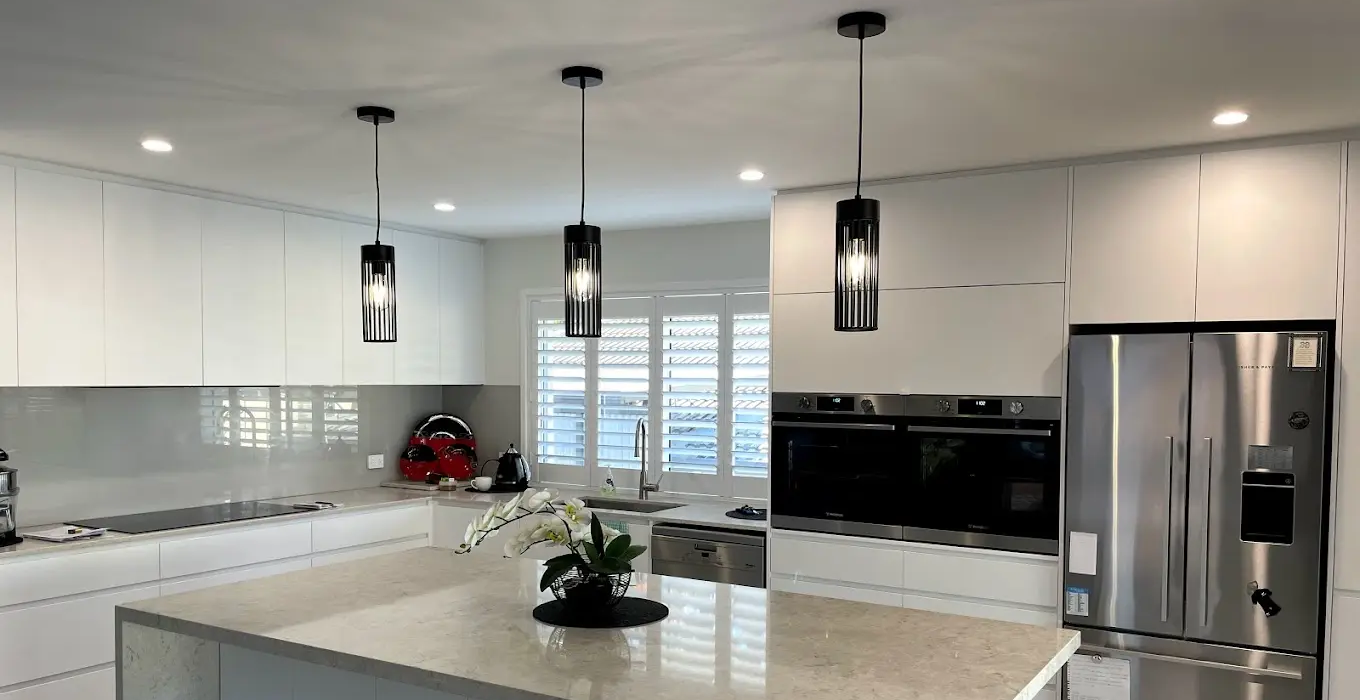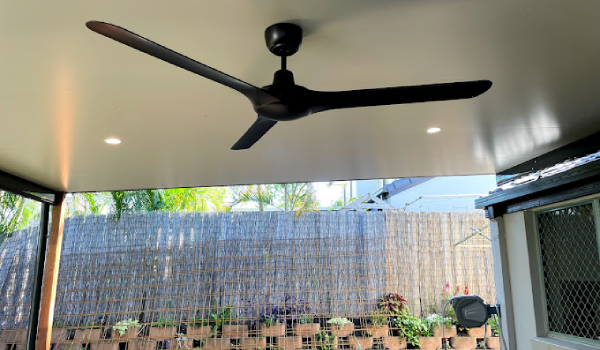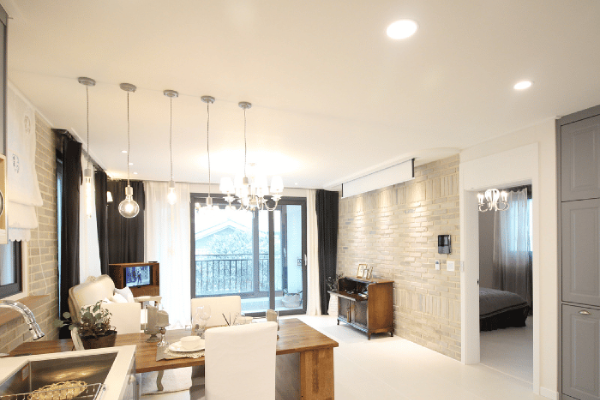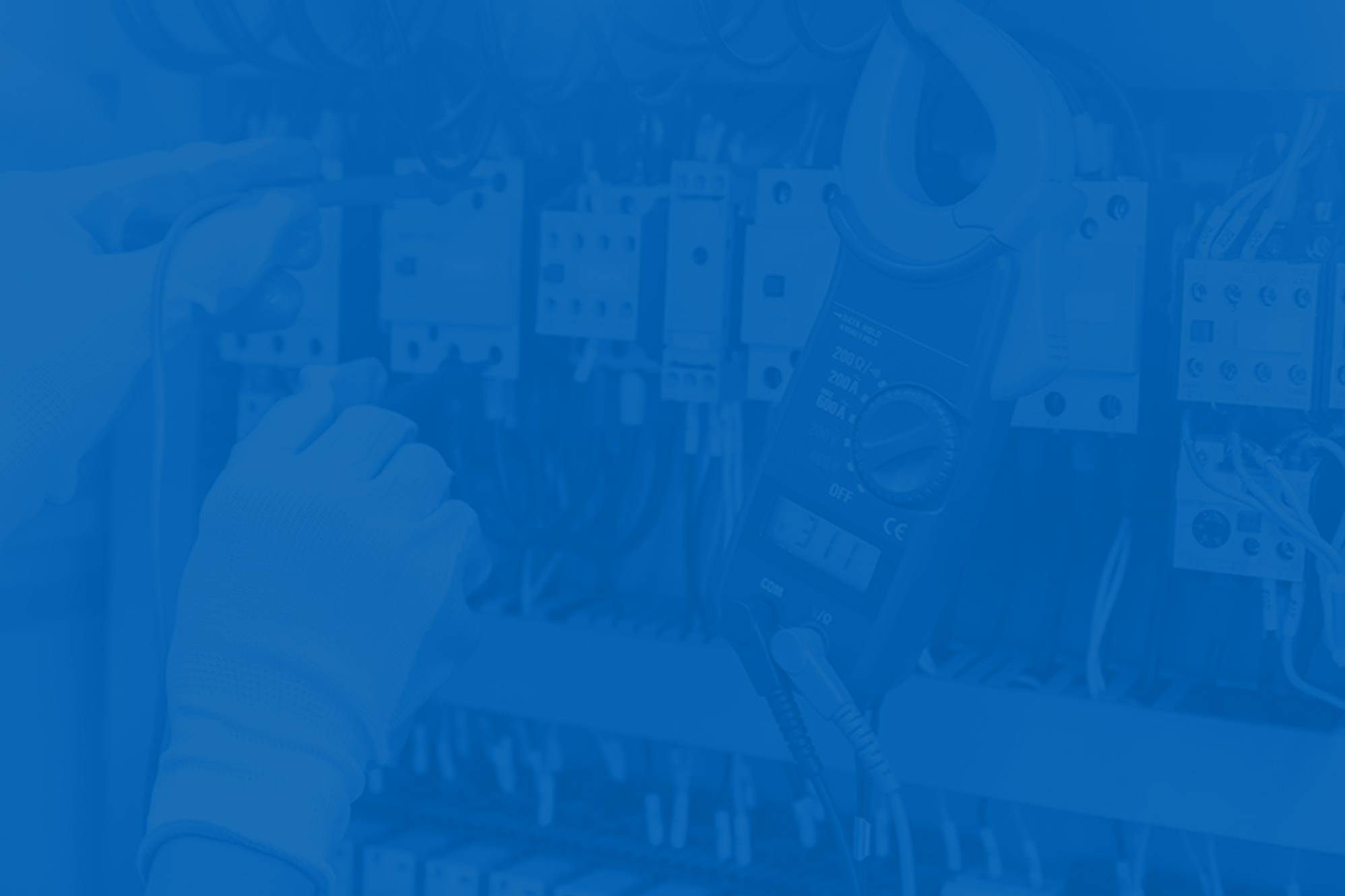
14 Nov How to Save on Your Electricity Bill: Energy-Efficient Tips for Gold Coast Residents

Electricity bills are a rising expense for many households, eating into budgets month after month. But did you know that with a few simple changes, you could cut down on these costs and ease the strain on both your wallet and the environment?
If you’ve been wondering how to take control of your energy expenses, This guide will take you through practical, effective ways to reduce your energy consumption without drastic lifestyle changes.
Monitor Usage Patterns
Check daily or weekly usage to identify peak periods in your home and adjust heavy-duty tasks accordingly.
Set Alerts
Many smart meters allow users to set usage alerts when consumption reaches a certain threshold, preventing unintentional overuse.
Upgrade to Energy-Efficient Appliances with a High Star Rating
While it may seem costly to replace older appliances, high-star-rated appliances consume significantly less energy and can lower bills. When upgrading:
- Look for Minimum 4-Star Rated Appliances: Appliances with high energy efficiency ratings, especially those with 4 or 5 stars, consume less energy than older models.
- Prioritize High-Usage Appliances: Start with appliances that run continuously or frequently, such as refrigerators, water heaters, and HVAC systems.
- Utilize Eco Modes: Newer appliances come with eco modes or smart settings designed to reduce energy use while maintaining performance.
Implement an Automated Energy Management System (EMS)
Automated energy management systems (EMS) can monitor, control, and optimize energy usage within the home, allowing you to fine-tune power consumption without manual adjustments.
- Set Up Automated Schedules: EMS systems can automatically turn off or adjust the power usage of specific devices during non-peak hours or when they’re not needed.
- Track Power Usage per Appliance: An EMS can identify which devices or systems consume the most power, helping you target specific upgrades or usage reductions.
- Integrate with Smart Thermostats: Pairing an EMS with a smart thermostat allows for optimized temperature settings based on occupancy, weather, and time of day, resulting in minimal energy waste.
Use Surge Protectors with Advanced Power Strips
Many devices draw power even when turned off, a phenomenon known as phantom or standby power. To curb these unnecessary charges, use advanced power strips that detect when a device is idle.
- Choose Advanced Power Strips with Smart Controls: These strips can detect when a device enters standby mode and automatically cut off power, reducing wasted energy.
- Set Up Multiple Zones: Many advanced power strips allow you to create zones that power down groups of devices (such as a home entertainment system) when not in use.
- Reduce Standby Power for High-Drain Electronics: Set high-drain devices like gaming consoles, computers, and televisions on smart power strips to prevent unnecessary electricity draw.
Perform Routine HVAC Maintenance for Efficient Heating and Cooling
Heating and cooling costs are some of the largest contributors to high electricity bills, and keeping these systems running efficiently is essential.
- Replace Air Filters Regularly: Dirty filters cause HVAC systems to work harder, consuming more electricity. Replace filters every 1-3 months for optimal efficiency.
- Use Zoned HVAC Control: If possible, install a zoned HVAC system or retrofit existing units to direct air only where it’s needed, minimizing energy use in unoccupied rooms.
- Schedule Seasonal Tune-Ups: Routine maintenance, such as cleaning coils, checking refrigerant levels, and ensuring system efficiency, can significantly lower energy consumption.
Implement Digital Thermostats with Smart Sensors
Upgrading to a digital or smart thermostat equipped with sensors can fine-tune home temperature, reducing HVAC usage without sacrificing comfort.
- Use Motion Sensors for Targeted Heating/Cooling: Sensors detect when someone enters or leaves a room and adjust the temperature accordingly, reducing energy in unoccupied spaces.
- Schedule Based on Patterns: Set up a schedule based on typical home occupancy, programming the thermostat to reduce power when everyone is out.
- Integrate with a Smart Home System: Connect thermostats with smart home hubs for remote adjustments, so you’re only heating or cooling your home when needed.

Take Action Today: Start Saving on Your Electricity Bill
If you’re in the Gold Coast area and looking for expert guidance, our team of skilled electricians in the Gold Coast are here to help.
Contact us today to discover how we can support your energy-saving journey and reduce those electricity bills effectively!







Sorry, the comment form is closed at this time.